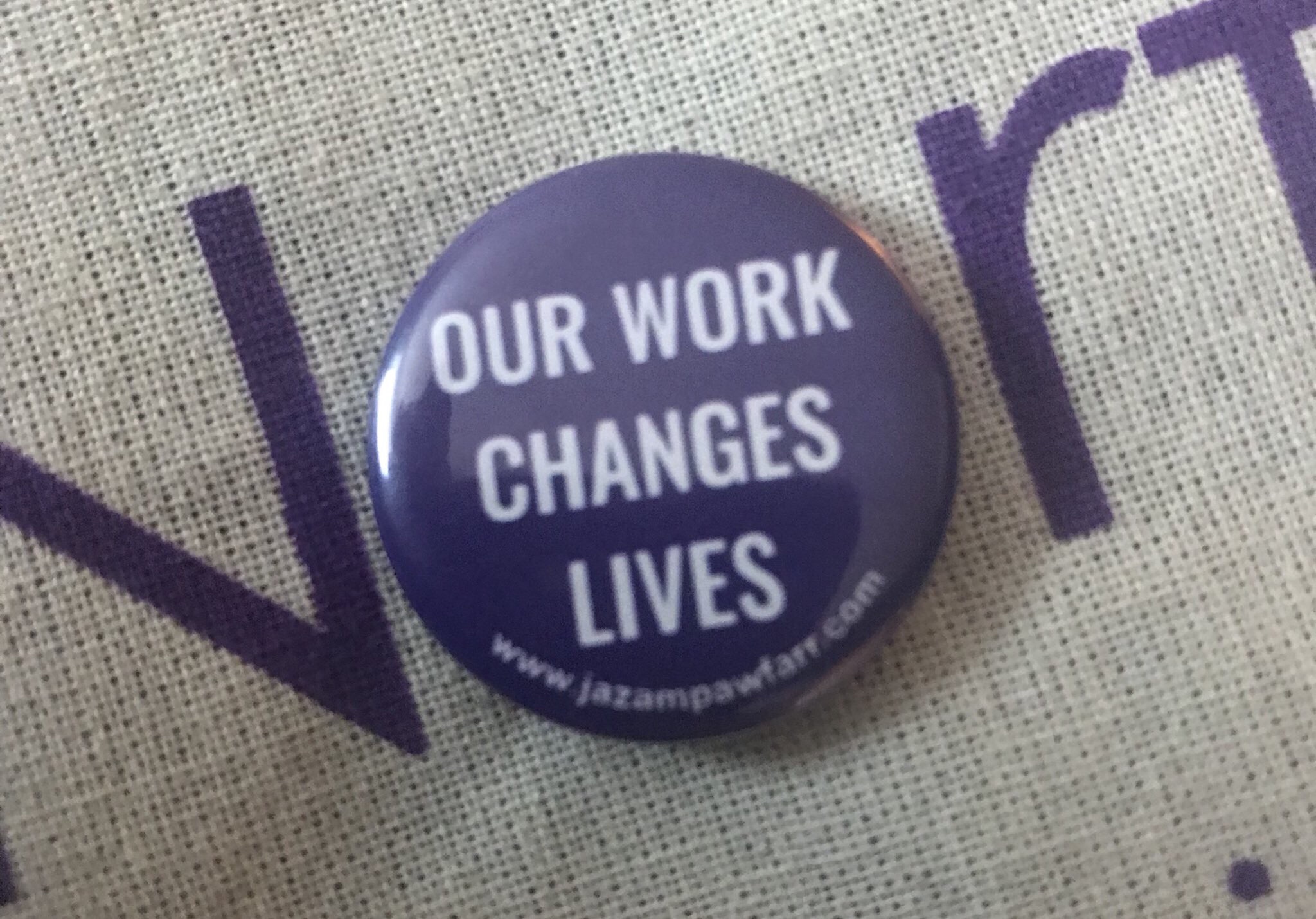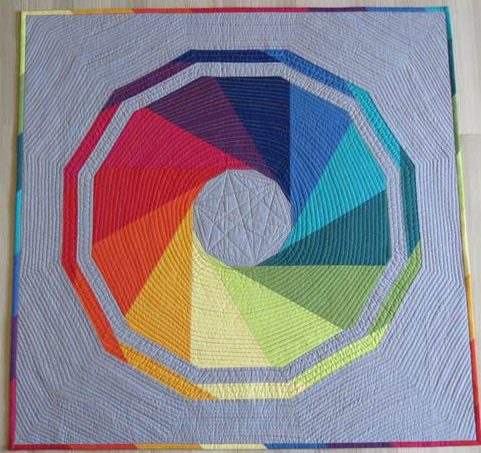We travelled up the night before, enjoyed staff time together and walked in beautiful sunshine to Leeds Beckett Campus.
We soaked up the welcoming atmosphere (a little more familiar and established than Southern Rocks) before heading to the sports hall for the opening address. Again 200+ teachers and educations giving up the FA Cup and wedding of the year (well almost…)
As we listened to the panel discussion, I was left unconvinced on the value of this “general” education forum presentation, predominantly because education is such a broad vista, even though the questions were excellent and it was humorously chaired. Maybe panels on more focused topics… possibly? Onto session one.
First session “Managing the plateau – moving expert teachers forward.”
Mistakes are not stigmatised but regarded as learning opportunities.
Credibility is an essential ingredient of a leader.
Eradicating what doesn’t work and keeping what does!
Supporting teachers with the wheel of improvement – Mewash recommended 3 subject specific, 3 pastoral or behaviour, 3 worklife balance goals. Very much marginal gains. Worth thinking about.
Now with Rebecca Allen – Progress.
Starting with a Nuttall quote highlighting the difference between testing and the reality of tests from a disaffected, doodling student. A test that only measured her… disaffectedness.
What is if we cant measure progress?
Expanding a learners knowledge domain versus increased performance within a domain, is a very difficult task, often confused by a attribution of a summative grade (most often a number). Think gap-analysis, smoothed out as a grade.
At this point we were encouraged to think about three points.
- All tests are noisy measures of attainment
- Variance is around the test; the number of opportunities to sit the test, and the length of the test.
- The context in which a test is experienced (both leading towards the test and sitting the test) by the student, staff and possibly wider stakeholders, has a significant influence on the predictive reliability of the test. – signposting that Nuttall quotation at the start.
Preparation for the test
Student effort and persistence during the test can be investigated by proxies in performance decline (item non-response, careless answering, incentivising).
- We can say a lot about attainment, even if progress is poorly measured
- Aggregation is the friend of reliability (0ne off test scores will frequently lead to teachers telling students fragile information)
- Teacher accountability is the enemy of interference
- The longer a test is in place, the more it risks distorting curriculum (cross schools, you need to know how a test is controlled.)
- None of this is a good reason not to make extensive use of tests (test aid learning, tests for motivation, planning, curriculum design)
Should we be sending home aggregated data to parents not one-off test scores? @davidErogers
I would think we should. How we communicate a mark book of collection of data points a subsequent question.
In from the sunshine for imagine you could ask teachers three questions a day… every day.
Insights into the profession
New brand, new colour (jade) for Laura McInerney and insights from Teacher Tapp.
What is Teacher Tapp – Three questions, delivered at 3:30am, daily. Power CPD… potentially.
Teacher Tapp is helping to provide professional intelligence or insight. A good example, “From 2019, children in year 4 will be required to sit online multiplication tests. To what extent do you agree with this policy?”
In contrast to the headlines, more than 50% of teachers were in support of the policy. That may surprise some.
Feedback from the app is illuminating. Differences for year groups, subjects, roles. One good example, is that a Y3 teacher teaches typically teacher 30 pupils whereas a Creative Arts teachers – 400 pupils. “These are very different jobs.”
Where are the concerns? Work expectations. Email. With 50% of teachers responding to their email, even over Christmas? Remember – responding to emails moves the expectations for others to engage or respond.
Who is responsible for putting in the boundaries on workloads? The staff themselves. Good colleagues, look after those teachers eating deep fried mars bars for lunch every day. Good school leaders talk with the caterers.
Simon Smith – Leadership from picturebooks
Where the Wild Things Are – Maurice Sendak
Books for adults, trust and unconditional love. On his return is tea is ready for him. Message: Build a culture of trust. Let them feel safe in taking a risk.
The Promise – Nicola Davies illustrated by Laura Carlin
Leaders are gardeners. Grow the seeds, if even others come and pick the flowers.
We are just two books in and there is humanity, honesty and a perspective beyond the boundaries of Simon’s school.
The Sound of Silence – Katrina Goldsaito illustrated by Julia Kuo
As leaders, we need time to think. You may benefit from a space to think
Knuffle Bunny – Mo Willems
Listening to what you are being shown. Do not ignore the signals. It is about that “I told you so, moment.”
Zoom – Istvan Banyai
Pay attention to the detail. And you need to keep an eye on how it fits in the bigger picture.
Don’t Cross the Line – Isabel Minhós Martins
The clever book design uses the fold as “the line”.
Understand that sometimes the apparent rules are there to be broken and we need to be brave.
The Yes – Sarah Bee, Satoshi Kitamura
Simon spoke about buy-in. The need for leadership positivity. Don’t let detractors stop you doing the things that are needed.
Town is by the Sea – Joanne Schwartz and Sydney Smith
Aspiration. Fear. Knowing communities.
Understand and know your community, both its strengths and its challenges. Your school is a reflection of your community. There was a soft pause when Simon said that the school will be there long after he has left.
After the fall – Dan Santat
The story after the Humpty’s great fall. It is a great story of resilience. It is great for children. It is great for staff too.
How do we do stuff? Be honest when you get things wrong, take the knocks and get on with it again.
Love – Matt De La Peña
Don’t forget what the job is really about… children.
We are back now. 9 hour round trip. Thank you Debra and to all that made Northern Rocks 2018 a wonderful event – many thanks.
To Shonette Bason – thank you for bringing the sunshine inside, my colleagues clearly wanted you to know that you personally lifted their spirits.
THE MAGIC WAND for moaning lemon suckers. Genius. @ShonetteBason and her mum for education secretary and schools minister.
Move over @DamianHinds @NickGibbUK @educationgovuk
THIS IS THE FUTURE at #Nrocks18 pic.twitter.com/bTfOENTIgf
— Nick Corston FRSA 🔥🚀 (@NickCorston) May 19, 2018


